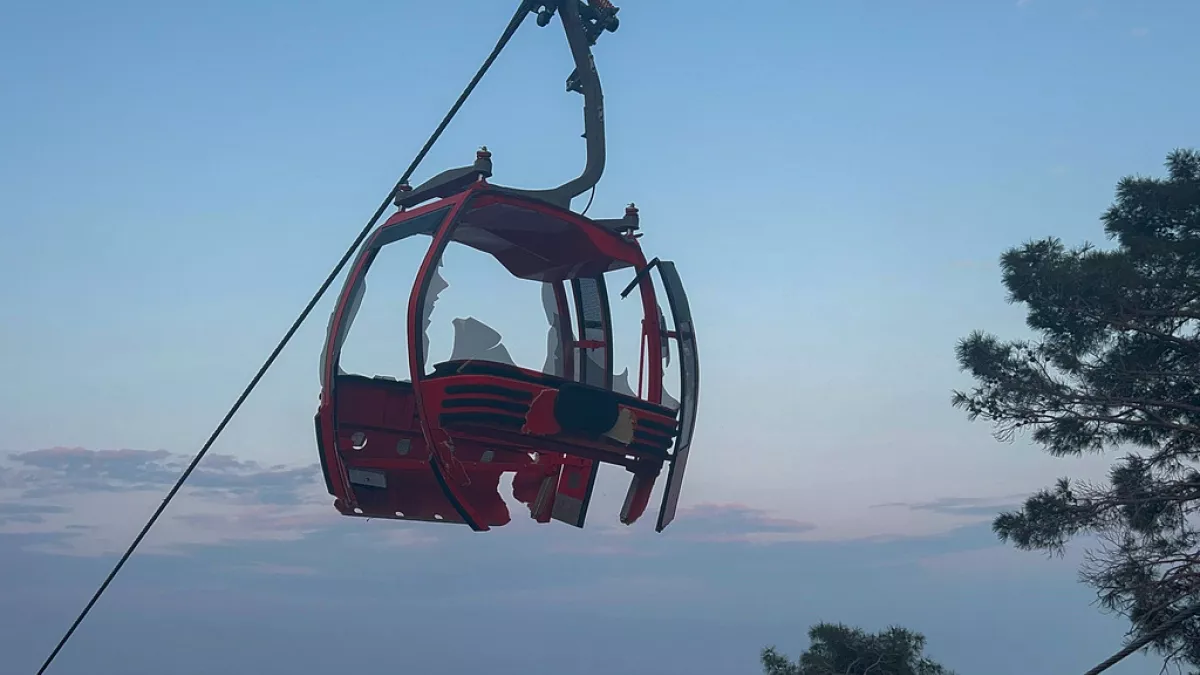After nearly 23 hours of tension and uncertainty, the last of 174 individuals trapped in cable cars high above a mountain in southern Turkey have been safely rescued. The operation concluded on Saturday afternoon, as announced by Interior Minister Ali Yerlikaya, following a tragic accident that claimed one life and left seven others injured.
A massive effort involving 607 search and rescue personnel and 10 helicopters, including teams from Turkey’s emergency response agency AFAD, the Coast Guard, firefighting units, and mountain rescue teams, contributed to the successful evacuation. Helicopters equipped with night-vision capabilities worked tirelessly throughout the night to transport passengers to safety.
The ordeal began on Friday evening when one pod of the Tunektepe cable car, located near the Mediterranean city of Antalya, collided with a pole, causing it to rupture and plummet to the rocky terrain below. Istanbul resident Hatice Polat, who was among the rescued passengers, described the harrowing experience, recounting how the power outage caused the pod to flip multiple times, leaving passengers terrified and traumatized.
Tragically, a 54-year-old Turkish man lost his life in the incident, while six Turkish citizens and one Kyrgyz national sustained injuries, including two children. Coast Guard helicopters swiftly evacuated the injured individuals for medical treatment. Images circulated in Turkish media depicted the battered cable car hanging precariously from dislodged cables as emergency responders tended to the wounded.
As investigations into the cause of the accident commence, the Antalya Chief Public Prosecutor’s Office has initiated an inquiry, assigning an expert commission comprising mechanical and electrical engineers, as well as health and safety experts. The incident has underscored the importance of stringent safety measures in the operation and maintenance of cable car systems, particularly those catering to tourism hotspots like the Tunektepe peak.






